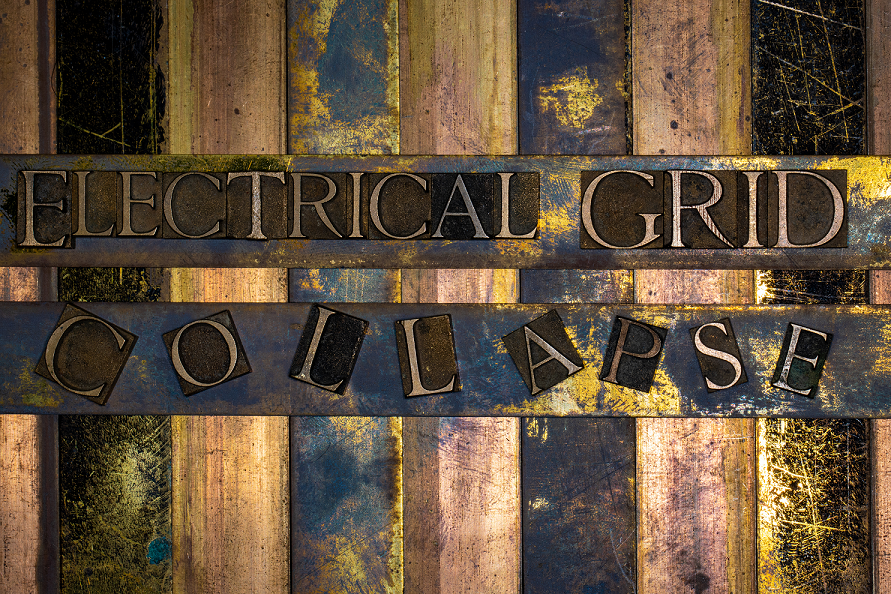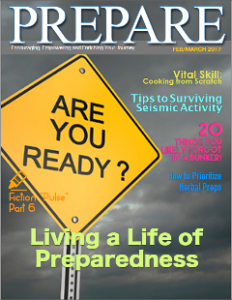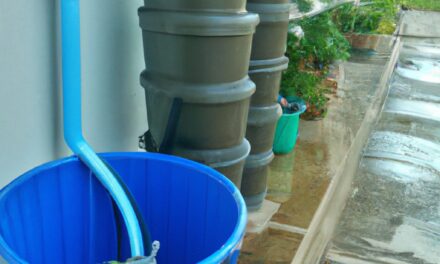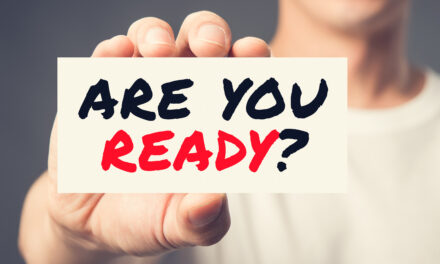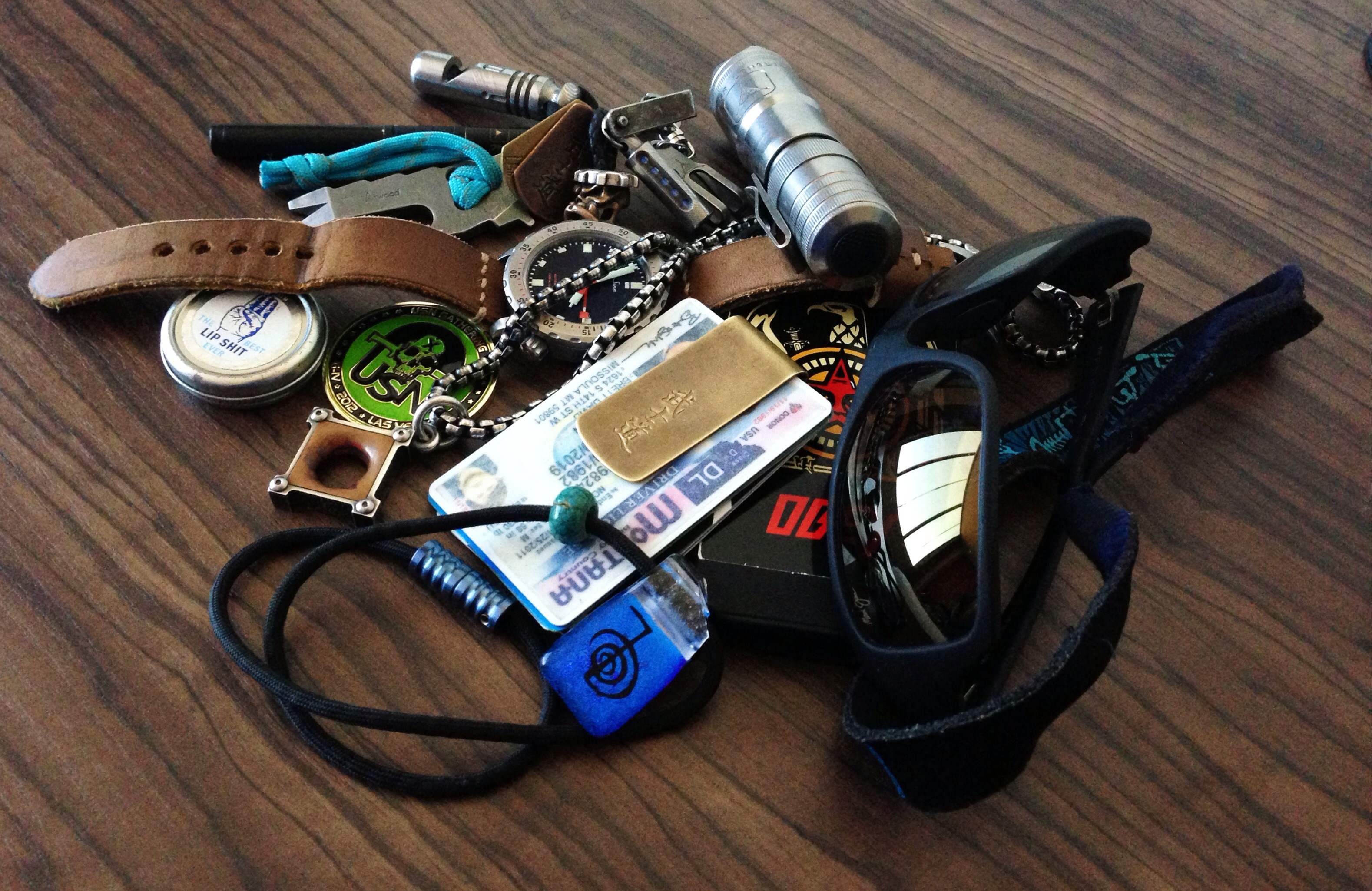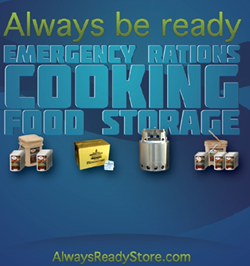Emergency preparedness is often one of those things we think we’ll get around to “someday.” Yet, the reality is that emergencies and disasters can strike at any time, often without warning. Whether it’s a natural disaster like an earthquake or hurricane, a power outage, or a health emergency, being prepared can make a significant difference in the safety and well-being of your family. In this article, we’ll explore why emergency preparedness is so crucial, offering both motivation and guidance to help you take action today.
Firstly, let’s consider the unpredictable nature of life. Emergencies, by definition, are unexpected. They disrupt our normal lives, often dramatically. The primary goal of being prepared is to ensure that you and your family can remain as safe and comfortable as possible during these times. It’s about minimizing the impact of these disruptions on your daily life.
Safety First
At the heart of emergency preparedness is the safety of your loved ones. In the chaos that follows a disaster, having a plan in place can be a lifeline. Knowing exactly what to do, where to go, and how to communicate can prevent panic and confusion. For instance, in the event of a fire, does everyone in your household know the quickest and safest way out of your home? Establishing a family emergency plan and practicing it regularly can save lives.
Self-Reliance
In the aftermath of a major disaster, it can take time for help to arrive. Emergency services are often stretched to their limits, and depending on the severity of the situation, you may need to rely on your own resources for days, or even weeks. Having supplies like water, food, medications, and other essentials on hand means you can take care of your family until help can reach you. This self-reliance not only ensures your family’s needs are met but also reduces the burden on emergency responders, allowing them to focus on the most critical cases.
Peace of Mind
Knowing that you are prepared for emergencies brings a sense of calm and confidence. In a world that can sometimes feel uncertain, having control over your preparedness efforts provides peace of mind not just to you, but to your entire family. Children, in particular, can sense when adults are worried. Seeing that steps have been taken to ensure their safety can significantly reduce their anxiety during stressful times.
Get a Free Subscription to PREPARE Magazine
Community Support
Preparedness goes beyond just looking after your own family. In times of crisis, communities that are prepared fare better than those that are not. By preparing your family, you’re also contributing to the resilience of your community. Prepared families can offer support to others, whether it’s through sharing supplies or information, or providing emotional support. This collective strength is crucial for recovery after a disaster.
Taking Action
So, how do you start preparing? It doesn’t have to be overwhelming. Begin with simple steps:
- Create a Plan: Talk with your family about potential emergencies that could occur in your area and what your responses should be. Decide on meeting places outside of your home in case of evacuation.
- Build an Emergency Kit: Assemble supplies that could sustain your family for at least 72 hours. This includes water, non-perishable food, first aid supplies, flashlights, batteries, and personal hygiene items.
- Stay Informed: Keep up-to-date with local news and weather forecasts. Consider investing in a weather radio that can operate on batteries or a hand crank in case of power outages.
- Practice Regularly: Conduct emergency drills with your family. Practice evacuating your home and meeting at your designated spot. Familiarity with the plan can ease panic in a real emergency.
- Learn Basic First Aid: Knowing how to treat minor injuries can be invaluable when medical help is not immediately available.
Get a Free Subscription to PREPARE Magazine
Conclusion
Emergency preparedness is not just a task for the “someday” list—it’s an essential part of caring for your family. By taking steps today to prepare for the unexpected, you’re not only ensuring the safety and comfort of your loved ones but also contributing to the strength and resilience of your community. Let’s not wait for a disaster to remind us of the importance of being prepared. Start the conversation, make a plan, and take action now. Your future self, and your family, will thank you.

